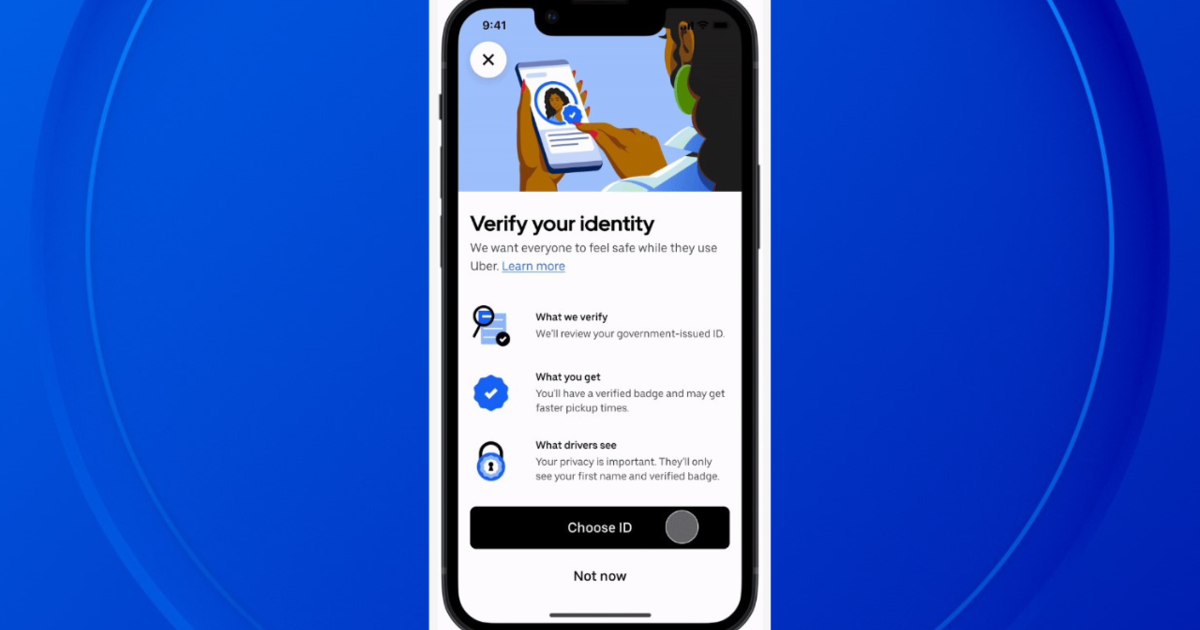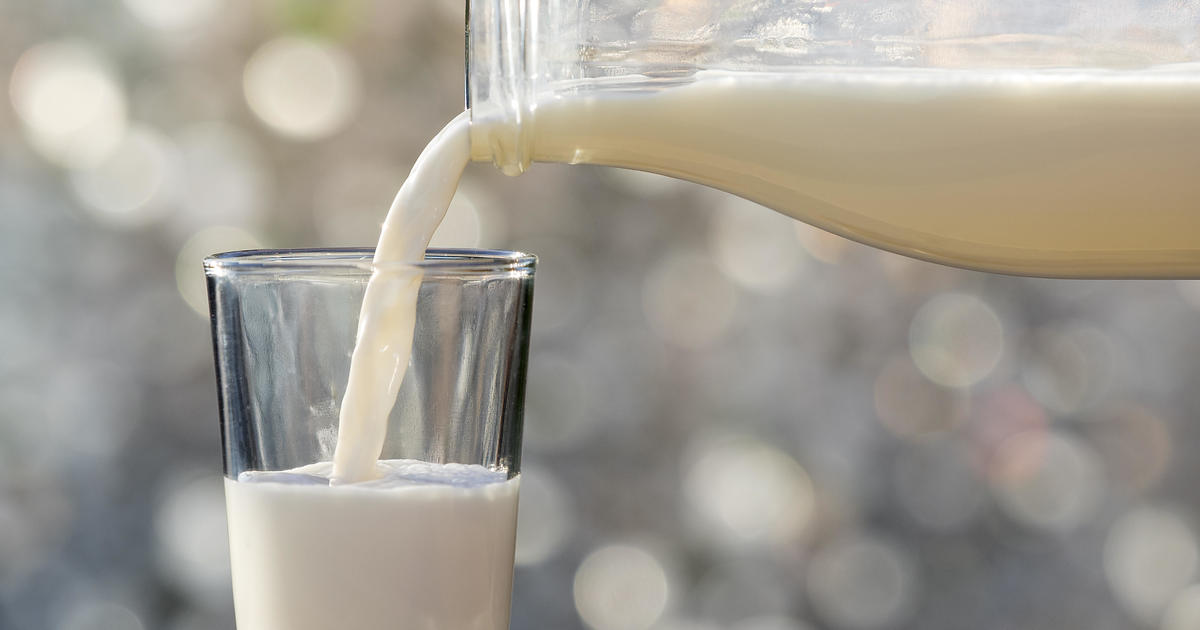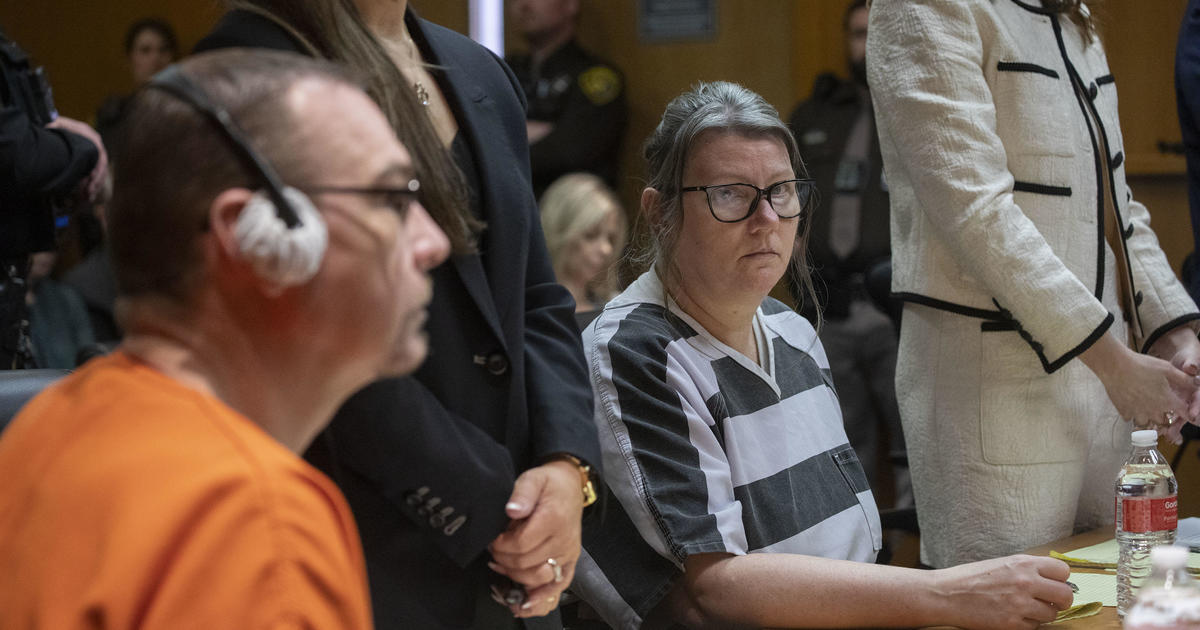Ask A Detroit Expert: 5 Fun & Easy Science Projects To Do At Home
The Michigan Science Center is a great place for kids. Everything is a hands-on experience and it is guaranteed that children will learn and have fun each time they visit. Kids can experience Michigan's domed IMAX theatre, space, motion, engineering, health and nutrition exhibits. For live performances check out the planetarium, Sparks Theater or Science Stage.
Michigan Science Center
5020 John R. St.
Detroit, MI 48202
(313) 577-8400
www.mi-sci.org
"Kids are familiar with the classic volcano science project, but how much experimentation goes into it? It's important for students and families to know the distinction between experiments, demonstrations and activities. Demonstrations and activities, in most cases, have an expected outcome. The volcano is a great example of this because most of us started out as scientists by mixing vinegar and baking soda. The construction of a papier-mâché volcano with certain ingredients is certainly artistic, and may very well involve some engineering."
When designing an experiment or science project, it is important to identify what will be discovered. After some research about the problem, determine which variables to control and which variables to change. Collect data and present it to friends, family and classmates! "Even though this now sounds like an experiment —I still encourage you to think of your own original and innovative ideas. There are endless possibilities!"
An important note: "Safety comes first! Wear goggles, gloves, long sleeves and other personal protective equipment to ensure safety!"
Here are some of exciting experiments:
Bread Mold
- Measure the amount of mold grown on bread with varying amounts of moisture, exposure to sunlight, bacteria introduced from other sources and more.
- Place all items in individual bags and label them to ensure they won't get mixed up.
- Check bags regularly and take photos to track the progress.
- Be careful when experimenting with growing molds!
- Use simple materials like pennies and galvanized (zinc coated) nails or screws
- Create an electro-chemical cell.
- Experiment using different types of light bulbs that require differing amounts of wattage.
- Hint – these battery cells generally don't create too much current. It is recommended to choose an LED or low wattage incandescent first.
- Ask: How many lemons do you need to make a light bulb light up? How long will your light stay illuminated?
- Though it is a bit like the volcano, explore the best ratio between effervescent tablets and water to see how high the canister will launch.
- It is recommended to launch them from another container because it amplifies the sound.
- Make sure you track and record data so you can display it on a nice bar graph.
- Explore some astronomical science by creating impact craters in flour.
- It helps to sprinkle a darker powder, like cocoa, on top so you can see what is thrown from the crater.
- Make even more layers with different materials to see how deep your meteor penetrates the 'soil'.
- Change the height, velocity, and size of the objects to see the change in crater size!
- A popular demonstration is to poke a pencil through a plastic bag that's full of water.
- This is a great experiment to begin exploring the world of plastics and polymers.
- The chains of molecules (polymers) that make up a plastic bag are flexible and allow it to close around a puncture.
- Ask: which bag holds the most water? How many pencils can be pushed through before it ruptures?



